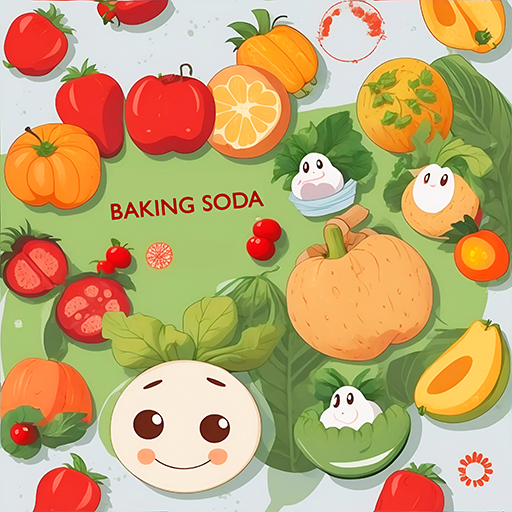Introduction
In today’s world of modern agriculture and food production, the journey from farm to table can be a complex one. As we enjoy the convenience of year-round access to a wide variety of fruits and vegetables, it’s crucial to delve into the effects of industrial chemicals on these essential dietary components. In this article, we will explore the hidden culprits behind our fresh produce and the potential impact on our health.
The Agriculture Conundrum: The Role of Industrial Chemicals
The Pesticide Predicament
Industrial chemicals including pesticides, herbicides, and fungicides, play a significant role in modern agriculture. They help protect crops from pests, diseases, and weeds, ensuring higher yields and extended shelf life for fruits and vegetables.
Unveiling the Effects: How Industrial Chemicals Affect Produce
Pesticide Residues
- Residue Accumulation: Pesticide residues can accumulate on the surface of fruits and vegetables, even after washing. This residue may contain harmful chemicals that can be ingested when we consume these foods.
- Potential Health Risks: Long-term exposure to pesticide residues has been associated with health risks, including an increased risk of certain cancers, hormone disruption, and developmental issues, especially in children.
Soil and Environmental Impact
- Soil Health: The overuse of industrial chemicals can degrade soil quality over time, affecting the nutritional content of crops and impairing their ability to absorb essential nutrients.
- Water Contamination: Runoff from agricultural fields can lead to water contamination, affecting aquatic ecosystems and potentially human drinking water supplies.
Navigating the Produce Aisle: How to Minimize Exposure
Choose Organic
Organic produce is grown with fewer synthetic chemicals, making it a safer choice. Look for the USDA Organic label when shopping for fruits and vegetables.
Wash Thoroughly
Rinsing fruits and vegetables under running water can help reduce pesticide residues on their surface. Using a scrub brush for items with thick skins, like melons or potatoes, can be especially effective.
Peeling and Trimming
Consider peeling or trimming the outer layers of produce, as pesticides tend to accumulate on the skin. Keep in mind that this may also remove some of the nutrients and fiber.
The Future of Food Production: Sustainable Practices
Support Sustainable Farming
Look for locally grown produce from farmers who use sustainable and environmentally friendly farming practices. Supporting such initiatives encourages a shift away from heavy chemical use.
Advocate for Change
Support policies and regulations that promote responsible and sustainable agriculture. Engage in conversations about the use of industrial chemicals in food production and the need for transparency.
Conclusion: A Thoughtful Approach to Produce As consumers, we hold the power to make informed choices about the foods we eat. Understanding the effects of industrial chemicals on fruits and vegetables empowers us to make healthier choices for ourselves and our families. By opting for organic produce, practicing thorough washing and peeling, and supporting sustainable farming practices, we can enjoy the nutritional benefits of fresh produce while minimizing potential risks associated with industrial chemicals. Remember, your choices at the grocery store can contribute to a safer and more sustainable food system.



